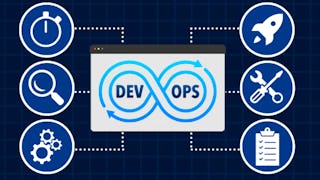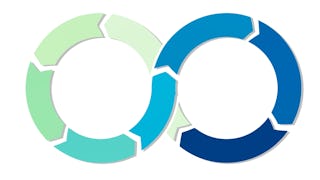DevSecOps | Securing the Software Lifecycle
In today’s fast-paced digital economy, the need to build and deploy software at scale has never been greater—but speed without security is a recipe for risk. That’s why DevSecOps is no longer optional—it’s essential. 🔒 Security That Scales With Your Code This course, built by the Cyber Skills Academy at Macquarie University, a top 1% university globally and Australia’s leading cyber security school, delivers the expertise needed to embed security into every phase of the software development lifecycle. Co-designed with industry to reflect current and emerging best practices, this course is packed with actionable knowledge for developers, engineers, and security professionals. You’ll gain deep, practical insight into: • Secure-by-design software architecture, including the principles that shape resilient systems from day one. • Security-aware coding practices, including how to manage APIs, access controls, and web vulnerabilities. • Application-layer security, leveraging static analysis and dependency checks to detect flaws early. • CI/CD pipeline hardening, with tools and practices that automate trust—from infrastructure as code to SLSA and SBOMs. • Cloud-native security, using containers, Kubernetes, and service mesh solutions to build robust Azure deployments. • MLSecOps, where the challenges of securing machine learning models meet modern DevSecOps workflows. • Attack surface awareness, equipping you to think like an attacker and defend accordingly. Throughout the course, you’ll explore real-world tools and frameworks, learn how to shift security left, and build security into every commit, build, and deploy. 🚀 Build Fast, Deploy Secure Whether you’re a developer aiming to level up your security game, or a security specialist stepping into DevOps environments, this course will give you the skills to lead in secure software delivery—from development through to deployment and beyond.

















